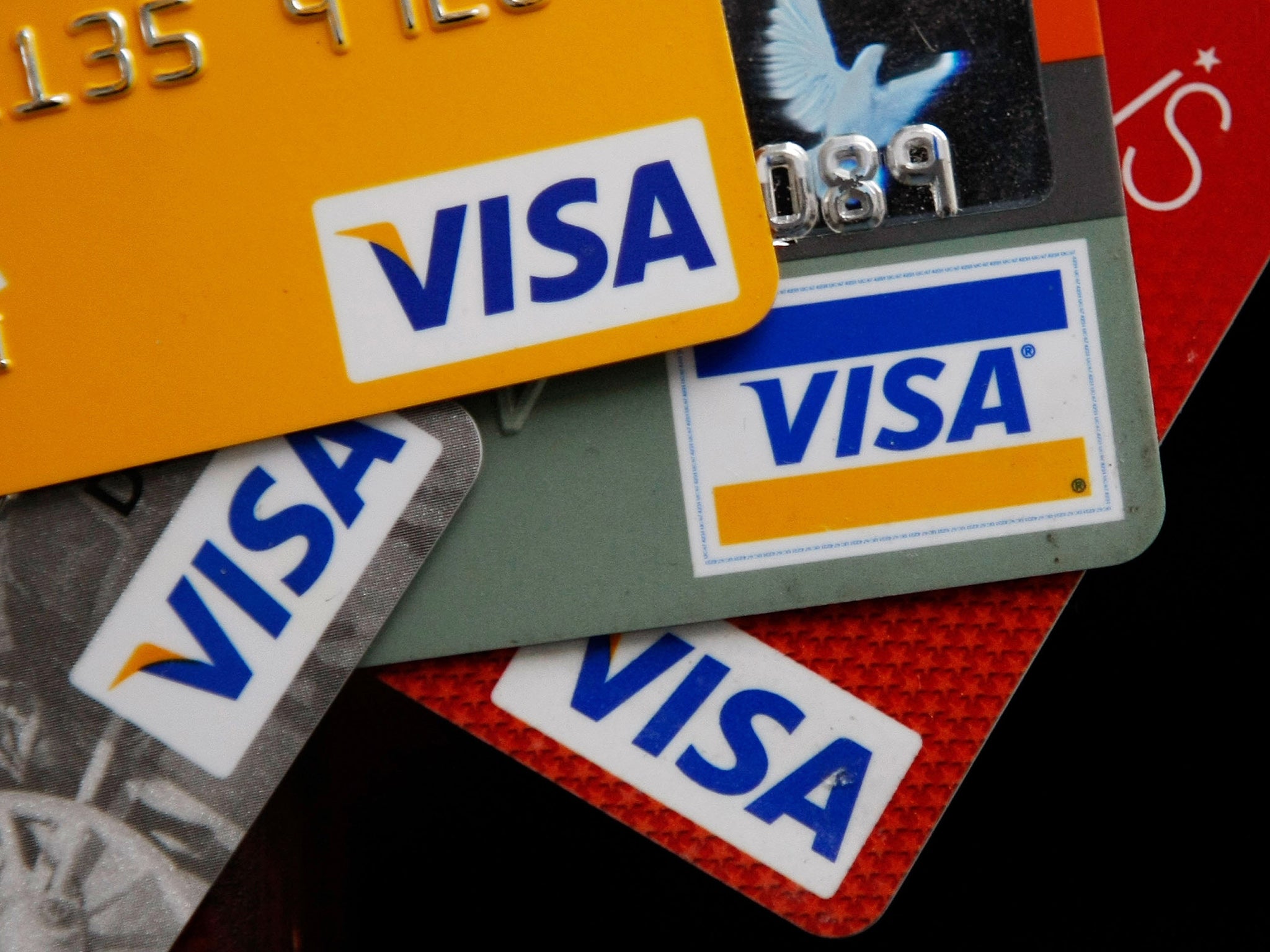No wonder credit card debt is on the rise, families can’t make ends meet anymore
A large number of families are using credit cards to pay for essentials, not luxuries


Your support helps us to tell the story
From reproductive rights to climate change to Big Tech, The Independent is on the ground when the story is developing. Whether it's investigating the financials of Elon Musk's pro-Trump PAC or producing our latest documentary, 'The A Word', which shines a light on the American women fighting for reproductive rights, we know how important it is to parse out the facts from the messaging.
At such a critical moment in US history, we need reporters on the ground. Your donation allows us to keep sending journalists to speak to both sides of the story.
The Independent is trusted by Americans across the entire political spectrum. And unlike many other quality news outlets, we choose not to lock Americans out of our reporting and analysis with paywalls. We believe quality journalism should be available to everyone, paid for by those who can afford it.
Your support makes all the difference.Credit card debt has risen to record levels, in spite of income remaining static. The average household now owes about £2,500 on cards, up 10.5 per cent in 12 months and the highest growth in 11 years. We are spending an astonishing £20 million a day using plastic; money which will eventually cost us far more in repayments, thus increasing our debt.
A large number of families are using credit cards to pay for essentials, not luxuries – breadwinners are trapped on zero-hours contracts with fluctuating earnings, which don’t make it easy to budget for outgoings. We could be heading for another recession as prices for food and essentials continue to rise.
Credit card companies are exploiting consumers by offering initial long periods of free interest, followed by cripplingly high rates after the bonus period.
Contactless cards also make it easier than ever to spend money you just don’t have. At least writing a cheque was a slow process, now a transaction can be done online or swiped in a matter of seconds.
My generation, the baby boomers, are largely unaffected. We’ve paid for our homes and have years of experience at balancing budgets. We’re the cautious, relatively frugal section of the population.
People in their twenties and thirties, however, face a different problem when it comes to debt – the lack of affordable housing. Trapped in rental accommodation or forced to live with their parents, many are opting to spend funds that previously would have gone towards a deposit for a house on fun – clothes, shoes, holidays, eating out and travel. And who can blame them? They are building debt because they can see no way out of their situation – with house building at a trickle and mortgage approvals by high street banks continuing to drop. Government help for Generation Rent seems ineffectual as baby boomers invest in Buy to Let properties with their pensions.
Teaching primary school children about personal finance might help, but we need far stricter controls on credit.
Join our commenting forum
Join thought-provoking conversations, follow other Independent readers and see their replies
Comments